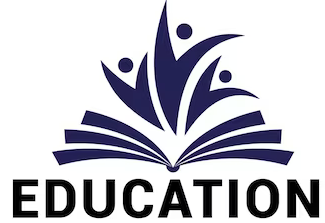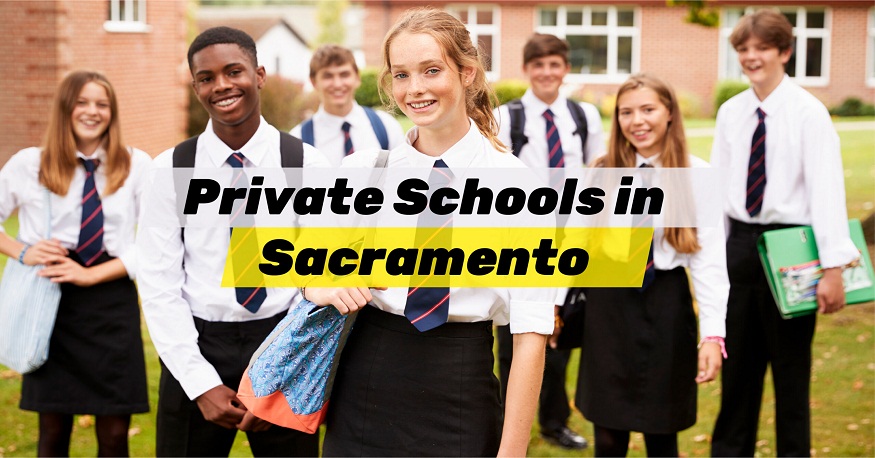Choosing the right private school for your child is a Considerable decision that can greatly impact their educational journey. In Sacramento, where a variety of private schools cater to different educational philosophies and student needs, making an informed choice is essential. This comprehensive handbook will walk you through the key factors to consider when selecting private schools in Sacramento.
Research Available Schools: Start by researching the private schools available in your area. Consider factors such as their educational philosophy, reputation, and programs offered. Make a list of schools that align with your family’s values and educational goals.
Location and Commute: Evaluate the location of each school and how convenient it is for your family. Consider factors like commute time, transportation options, and proximity to your home or workplace. A school that is easily accessible can contribute to a smoother daily routine.
Educational Philosophy: Understand the educational philosophy of each school. Some schools may focus on traditional teaching methods, while others may emphasize experiential learning or a specific educational approach. Choose a school whose philosophy resonates with your beliefs about education.
Curriculum and Programs: Review the curriculum and programs offered by each school. Look for academic rigor, enrichment opportunities, extracurricular activities, and specialized programs that cater to your child’s interests and needs. Consider if the school offers a well-rounded education that promotes both academic and personal growth.
Accreditations and Certifications: Check if the schools are accredited by recognized organizations and meet state educational standards. Accreditation ensures that the school maintains quality education and adheres to best practices in teaching and learning.
Class Size and Teacher-Student Ratio: Consider the class sizes and teacher-student ratios at each school. Smaller class sizes often allow for more personalized attention and support for students, fostering a conducive learning environment.
Facilities and Resources: Visit the schools to assess their facilities and resources. Look for well-equipped classrooms, libraries, technology integration, sports facilities, and other amenities that enhance the learning experience. A school with modern facilities can provide a more engaging learning environment.
Community and Diversity: Evaluate the school’s commitment to diversity, equity, and inclusion. Consider how they promote a sense of community among students, parents, and faculty. A diverse and inclusive school community fosters respect, understanding, and empathy among students.
Extracurricular Activities: Inquire about the variety and availability of extracurricular activities such as sports, arts, clubs, and community service. These activities contribute to a well-rounded education and provide opportunities for students to explore their interests and talents.
Parental Involvement: Consider the level of parental involvement encouraged by the school. A strong partnership between parents and the school can positively impact a child’s educational journey. Look for opportunities for parents to be involved in school activities, events, and decision-making processes.
Financial Considerations: Evaluate the tuition fees, additional costs, and available financial aid or scholarship options. Ensure that the financial aspect of attending the school fits within your budget and financial planning.
Final Thinking:
Remember to visit the schools, attend informational sessions, and engage with school administrators, teachers, and parents to gain a comprehensive understanding of each school’s offerings and culture. Choosing the right private school is an investment in your child’s future and educational success.








